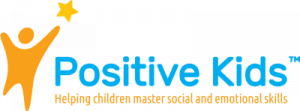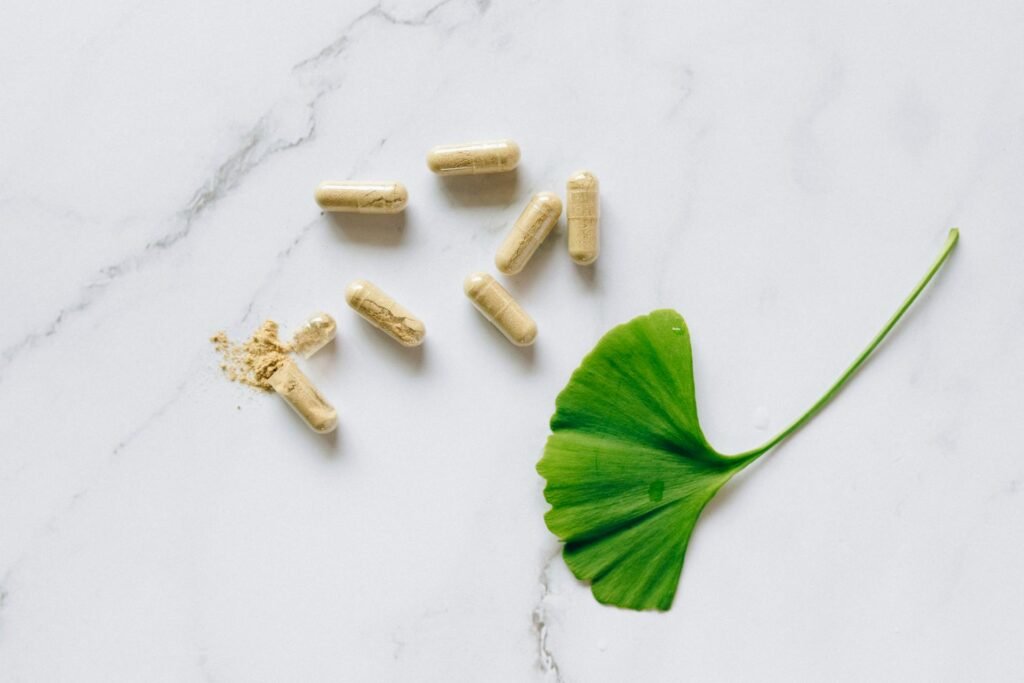What the Research Suggests for Supporting Your Child
Are you considering natural supplements for ADHD child care? Many parents find themselves in this position. They want gentle, effective ways to support their child’s focus, behaviour, and overall well-being.
Exploring all options is understandable, but separating fact from fiction is crucial.
At Positive Kids, we believe in empowering parents with knowledge. Let’s look at what the science says, what Canadian guidelines recommend, and how to make informed decisions that are right for your child.
What are Natural Supplements?
After receiving an ADHD diagnosis, many parents worry about the side effects of traditional ADHD medication. They may want other ways to support their child. Supplements are one option. But, supplements should not replace conventional medicine.
In Canada, “natural health products” (NHPs) are regulated by Health Canada.1 These include things like:
- Vitamins and minerals
- Probiotics
- Amino acids
- Essential fatty acids
Look for products with a Natural Product Number (NPN) or a Drug Identification Number for Homeopathic Medicine (DIN-HM) on the label. This means Health Canada has reviewed and approved the product.2
But it’s imperative to remember that “natural” doesn’t automatically mean “safe” or “effective,” especially for children.
The best course of action is to consult your child’s doctor or ADHD specialist before introducing any supplements.
Do Natural Supplements Help with ADHD?
This is a big question for many parents. The short answer is: it’s complicated.3
Some studies show potential benefits for certain supplements in managing some ADHD symptoms. However, the overall evidence is often mixed, and the effects are usually modest compared to conventional treatments like medication and behavioural therapy.
Natural supplements for children with ADHD are not a replacement for proven treatments. They might offer some support, but aren’t a complete solution.
Best Natural Supplements for ADHD Children
Omega-3 and Omega-9 Fatty Acids
Omega-3s,4 especially EPA and DHA, are essential for brain health.11 It can provide a small benefit for overall ADHD symptoms, like hyperactivity, attention issues, and impulsivity, particularly with higher doses of EPA.5
Iron
Studies have found that kids with ADHD might have lower iron levels.5 The Canadian Pediatric Society (CPS) recommends talking to a doctor and getting blood tests before supplementing with iron, especially for children with restricted diets.6
Zinc
Zinc is involved in brain function, and there’s some suggestion of a possible link between zinc deficiency and ADHD.7 Research found that zinc supplementation might help with hyperactivity and impulsivity, though the evidence is inconclusive.3
Magnesium
Research suggests kids with ADHD may have lower magnesium levels.8
One small study found some improvement in behaviour with magnesium and vitamin D together. However, we don’t have enough evidence to say all ADHD kids should take magnesium.
Vitamin D
Kids with ADHD generally have lower vitamin D levels. Still, there’s limited proof that taking vitamin D alone helps with the main ADHD symptoms.5 If a child is low in vitamin D, supplements are good for their overall health.
Melatonin
Many kids with ADHD have trouble with sleep, which is why establishing a bedtime routine is crucial.10
However, routines alone aren’t always enough.
Canadian guidelines suggest using a melatonin supplement as a solution for insomnia in children if behavioural interventions don’t work. Melatonin is a hormone that regulates sleep.
It appears relatively safe for short-term use but should always be used under a doctor’s guidance.
Supplements to Avoid for Children
You must be careful with the supplements you decide to give your child. Not everything is safe for kids; if the vitamin or mineral dosage is too high, it can be toxic.
Always talk to a qualified professional first.
The CPS advises against using herbal products for ADHD, as none have been proven effective. They also caution against unproven and potentially harmful therapies like homeopathy. 6
Other supplements to avoid or use with extreme caution include:
- Kava can cause serious liver problems.9
- Ginkgo Biloba may increase bleeding risk.9, 11
- St. John’s Wort interacts with many medications.11
- DMAA (Dimethylamylamine) can cause cardiovascular problems.11
How to Use Supplements Safely
- Always talk to your child’s doctor first. They can help you determine whether a supplement is appropriate and safe.
- Follow dosage instructions carefully.
- Be aware of potential interactions. Some supplements can interact with medications or other supplements.
- Purchase from reputable sources. Look for the NPN or DIN-HM on the label.
- Store supplements safely out of reach of children.
- Report any adverse reactions.
Positive Kids: A Holistic Approach
We believe in supporting the whole child. While we understand the interest in natural supplements for ADHD child care, we also emphasize the importance of proven strategies.
We offer counselling for kids with ADHD, tutoring, and parent coaching, all designed to foster social-emotional learning. This holistic approach helps children build confidence, develop coping skills, and thrive.
Take the Next Step
If you would like to find out more about supporting your child with ADHD, we are here to help.
Contact us today to learn more about our services!
Let’s Create a Brighter Future for Your Child.
Sources:
- https://www.canada.ca/en/health-canada/services/drugs-health-products/natural-non-prescription.html
- https://pmc.ncbi.nlm.nih.gov/articles/PMC2722534/
- https://www.webmd.com/add-adhd/childhood-adhd/vitamins-supplements-adhd
- https://pubmed.ncbi.nlm.nih.gov/21961774/
- https://www.additudemag.com/vitamins-minerals-adhd-treatment-plan/
- https://caringforkids.cps.ca/handouts/behavior-and-development/non-prescription-interventions-for-attention-deficit-hyperactivity-disorder
- https://www.healthyplanetcanada.com/blog/natural-supplements-for-adhd/
- https://www.medicalnewstoday.com/articles/magnesium-and-adhd
- https://pmc.ncbi.nlm.nih.gov/articles/PMC2796535/
- https://pmc.ncbi.nlm.nih.gov/articles/PMC3380753/
- https://www.nccih.nih.gov/health/providers/digest/adhd-and-complementary-health-approaches-science
Disclaimer: Positive Kids is here to support your family’s journey with tools and strategies that nurture growth. The information in this blog is meant to inspire and guide; it is not a substitute for professional advice tailored to your child’s unique needs. If you have questions about what’s best for your little one, we’d love to connect. Reach out to our team today!

